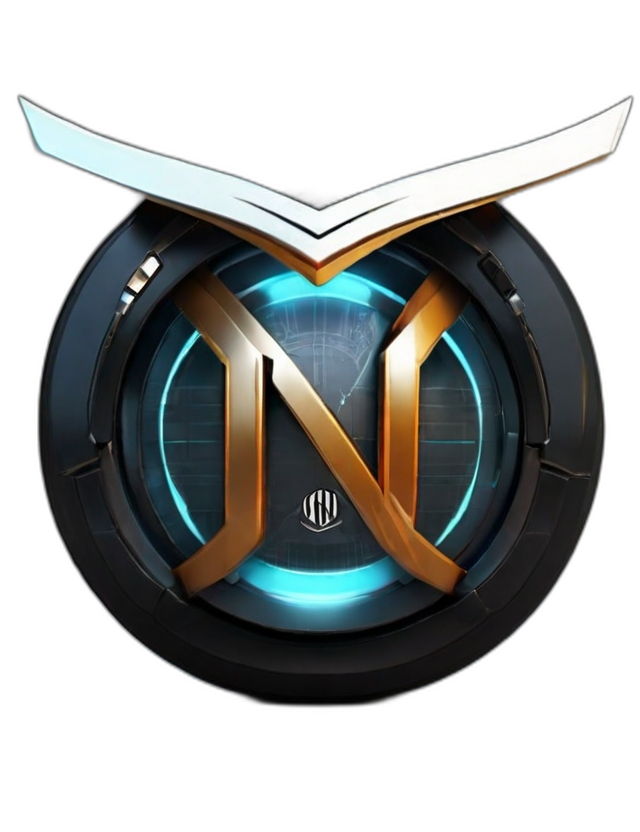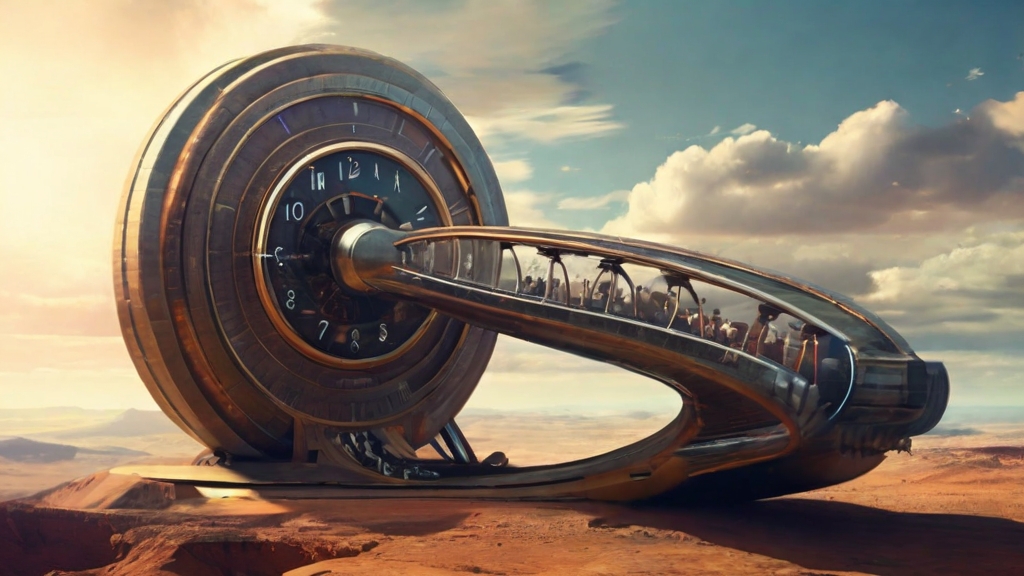
Introduction
The concept of a ”’time machine”’ has captured the imagination of humanity for centuries, fueling endless speculation, science fiction narratives, and scientific inquiry. From H.G. Wells’ classic novel to blockbuster movies, the idea of traveling through time has fascinated generations. But beyond the realm of fiction, is it truly conceivable to construct a device capable of bending the fabric of time itself? In this comprehensive exploration, we delve into the scientific theories, technological advancements, and philosophical implications surrounding the quest to unlock the secrets of time travel.
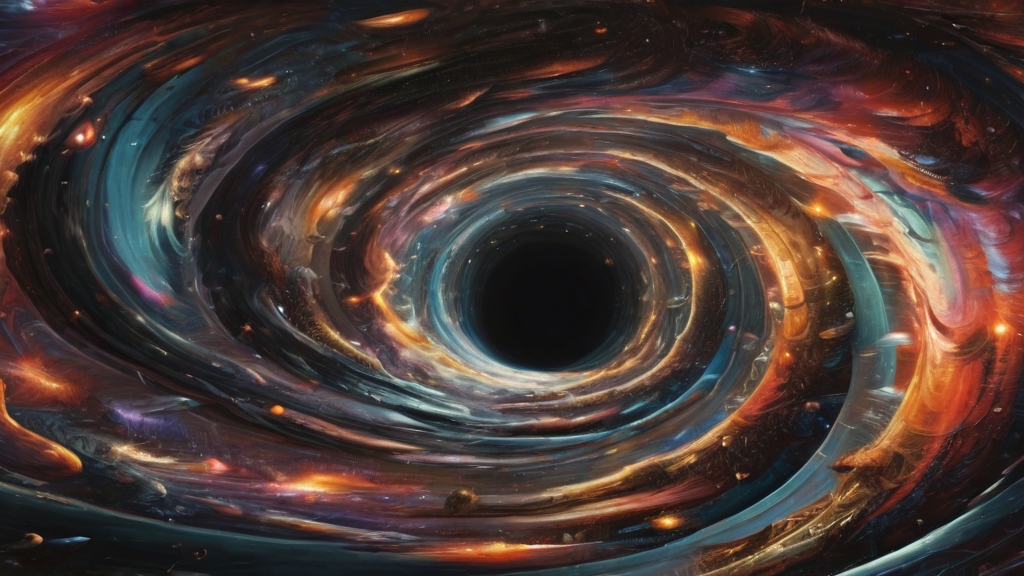
Understanding Time and Space
Before delving into the intricacies of ”how to build a time machine”, it is imperative to grasp the fundamental concepts of time and space as elucidated by modern physics. According to Einstein’s theory of General Relativity, space and time are intricately intertwined, forming a four-dimensional continuum known as spacetime. This revolutionary concept posits that massive objects such as planets and stars can warp the fabric of spacetime, creating what we perceive as gravity.
Moreover, Einstein’s equations suggest that time is not immutable but rather a dynamic dimension that can be influenced by gravitational fields and relative motion. This phenomenon, known as time dilation, has been experimentally confirmed through observations of high-speed particles and the synchronization of atomic clocks at different gravitational potentials. Thus, the notion of time as a fixed, linear progression is challenged by the intricate interplay of spacetime geometry.
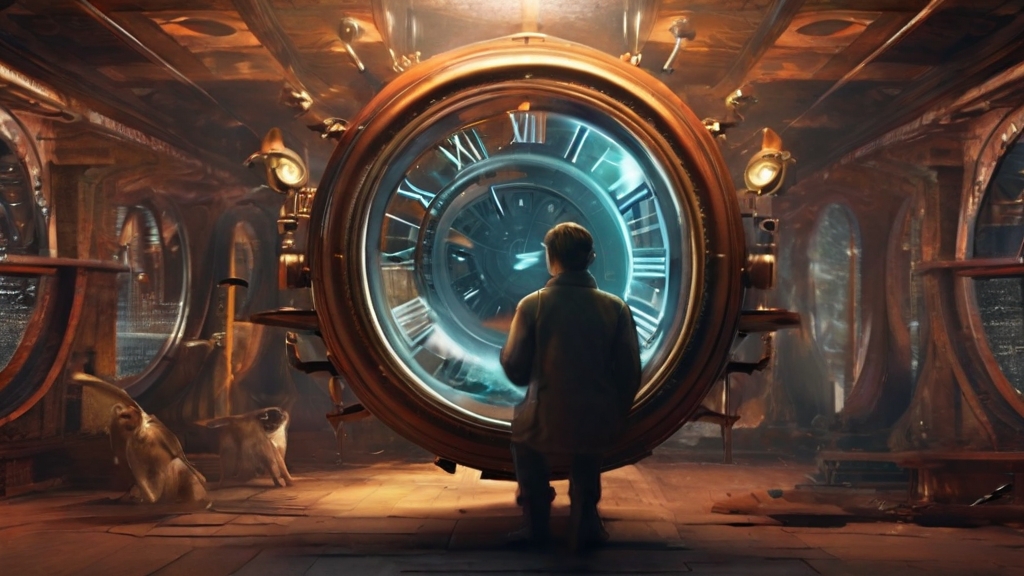
Theoretical Frameworks for Time Travel
Within the framework of modern physics, several theoretical approaches have been proposed to elucidate the possibility of ”’time travel”’. One such concept is the notion of closed timelike curves (CTCs), postulated by physicist Kurt Gödel and further developed by mathematician Frank Tipler. According to this hypothesis, it may be feasible to traverse a loop in spacetime, enabling a traveler to revisit points in their own past or even journey to the future.
Another intriguing proposal stems from the theory of wormholes, hypothetical tunnels that connect disparate regions of spacetime. While the existence of wormholes remains speculative, their theoretical viability as shortcuts through the cosmic fabric has captivated the imagination of physicists and science fiction writers alike. By traversing a wormhole, one could potentially bypass the constraints of conventional spacetime and emerge at a distant point in both space and time.
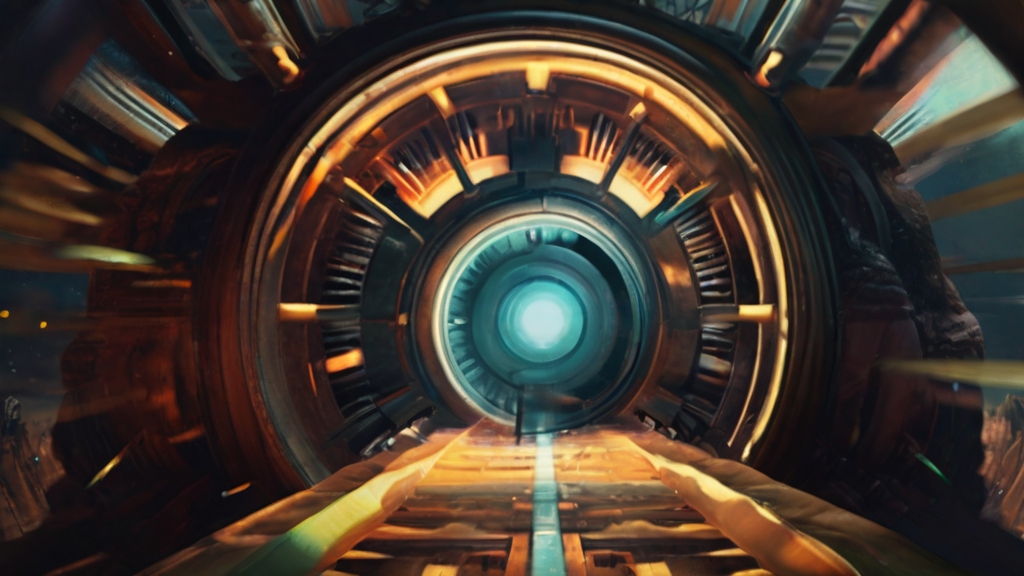
Challenges and Conundrums
Despite the allure of ”’time travel”’ and the tantalizing possibilities it presents, the quest to construct a functional time machine is fraught with formidable challenges and paradoxes. One of the most notorious conundrums is the infamous grandfather paradox, which posits that traveling back in time and altering past events could lead to self-contradictory scenarios. For instance, if a time traveler were to prevent their own grandfather from meeting their grandmother, would they cease to exist?
Furthermore, the energy requirements for manipulating spacetime on a macroscopic scale are staggering, surpassing the capabilities of current technological prowess. Theoretical constructs such as negative energy and exotic matter have been proposed as potential ingredients for constructing a time machine, yet their existence remains speculative, if not elusive. Moreover, the stability of traversable wormholes and the avoidance of catastrophic feedback loops pose formidable obstacles to practical implementation.
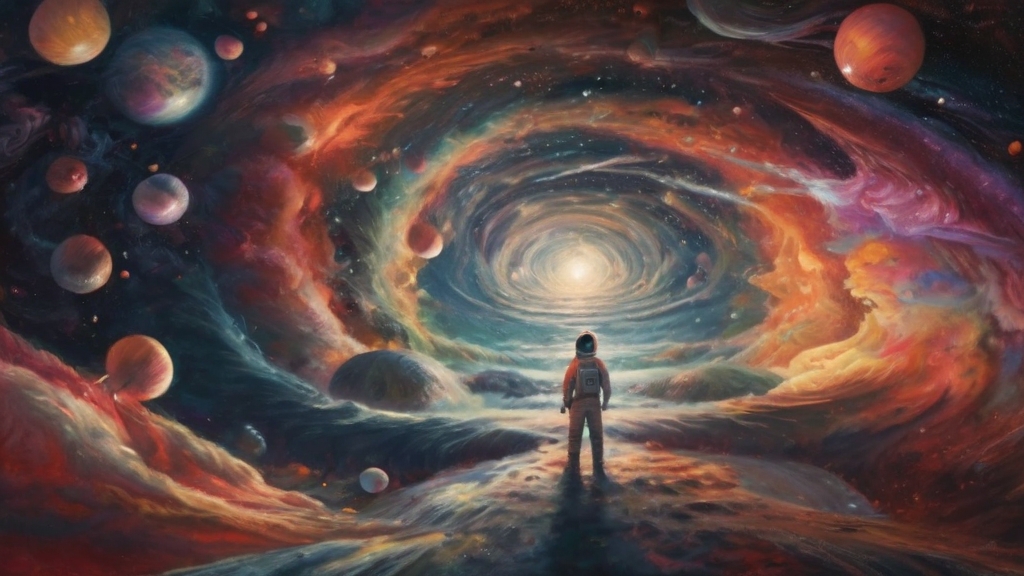
Ethical and Philosophical Implications
Beyond the realm of scientific inquiry, the prospect of ”’time travel”’ engenders profound ethical and philosophical considerations. The ability to alter past events or glimpse into the future raises profound questions about free will, causality, and the nature of reality itself. Would the act of intervening in historical events constitute hubris or heroism? Could the knowledge of one’s own future alter the course of individual destiny?
Moreover, the implications of time travel extend beyond the confines of human agency, encompassing the fate of entire civilizations and the evolution of the cosmos. From the perspective of cosmology, the concept of closed timelike curves raises the specter of the chronology protection conjecture, which postulates that the laws of physics conspire to prevent the formation of causality-violating events. Thus, the quest to unlock the mysteries of time may ultimately reveal deeper truths about the fabric of existence.
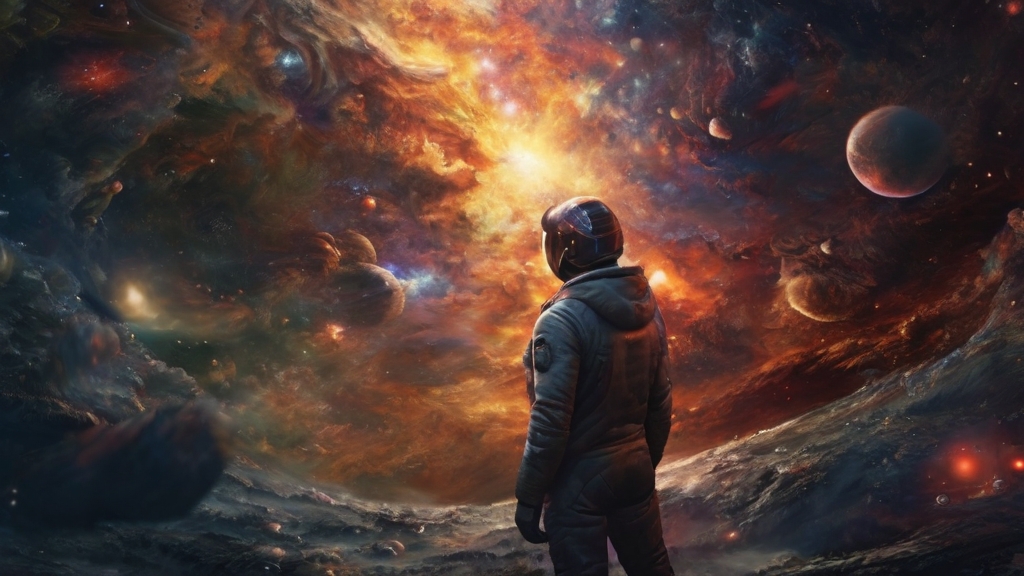
Conclusion
In conclusion, the pursuit of a functional ”’time machine”’ represents a quintessential confluence of scientific inquiry, technological innovation, and philosophical introspection. While theoretical frameworks such as closed time like curves and traversable wormholes offer tantalizing glimpses into the possibility of time travel, formidable challenges and paradoxes loom large on the horizon. From the enigmatic nature of spacetime to the ethical dilemmas of altering the past, the quest to unravel the secrets of time remains an enduring testament to humanity’s insatiable curiosity and boundless imagination. As we continue to probe the frontiers of knowledge, perhaps one day we will unlock the keys to the temporal realm and embark on a journey through the annals of history and the vistas of the future.
